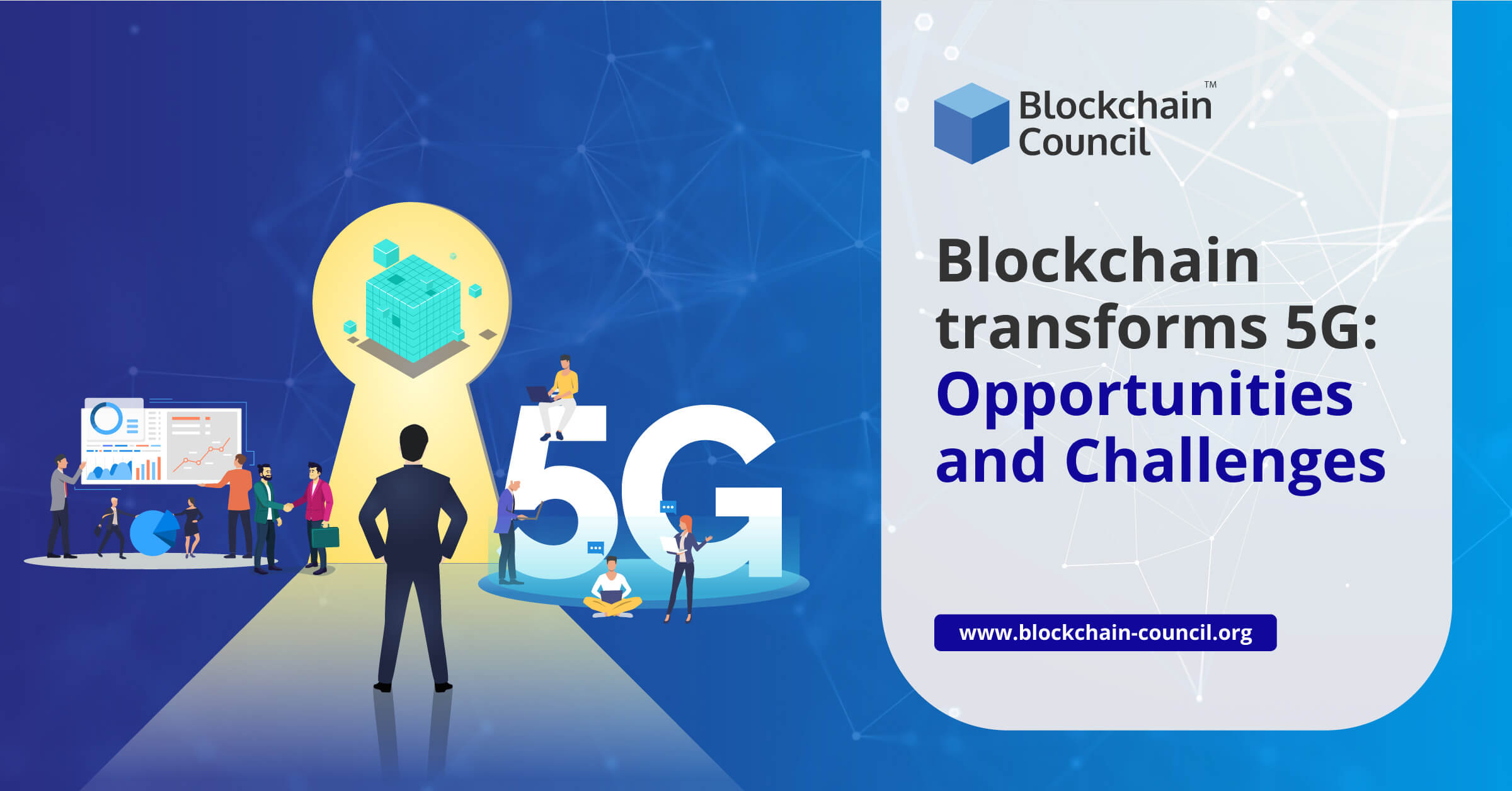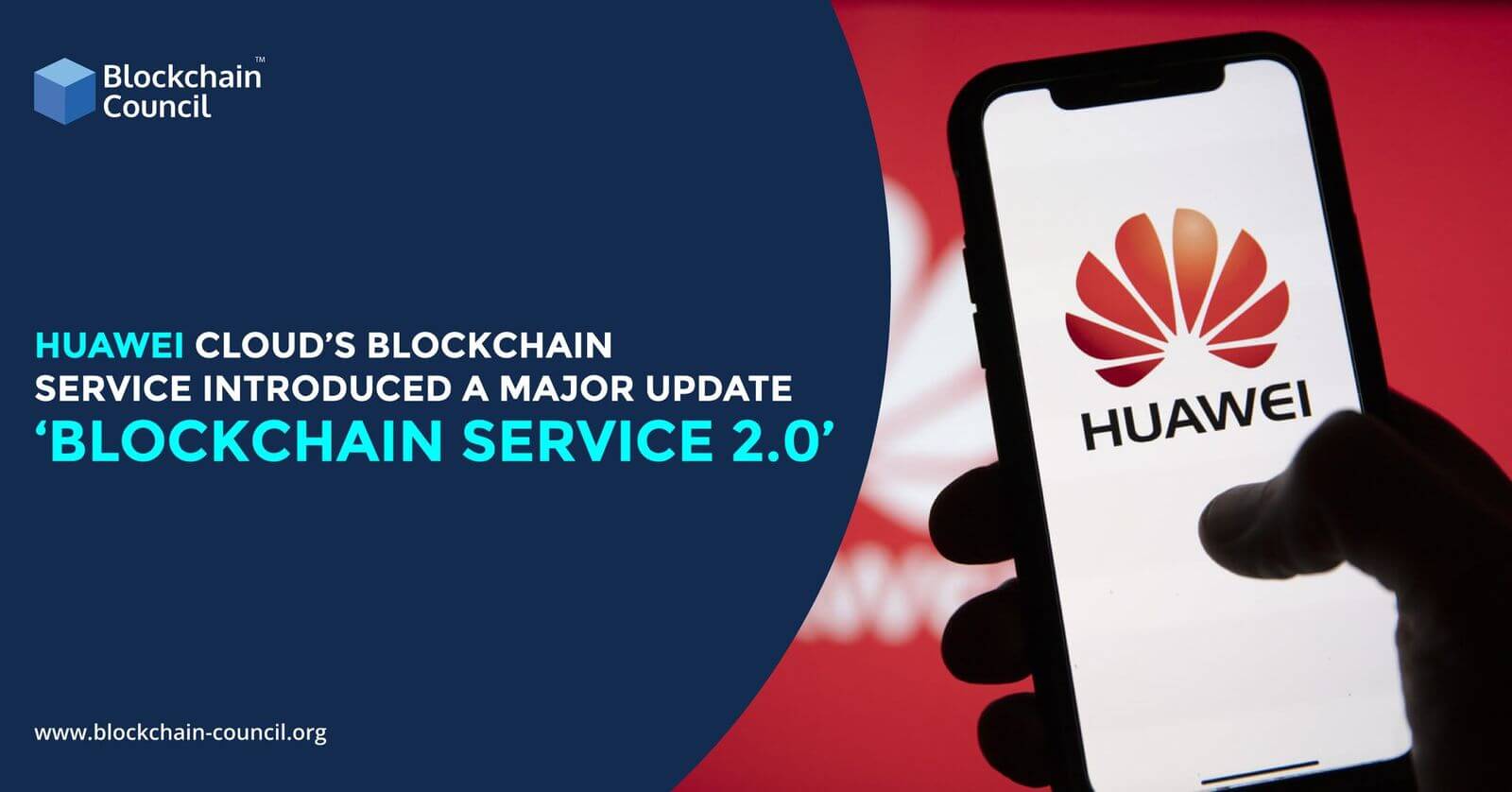
- Toshendra Kumar Sharma
- February 13, 2020
The fifth-generation 5G technology is the next significant phase in the industry of telecommunications that is going to be introduced soon. When it comes to futuristic and fully-fledged technology, Blockchain and 5G are the most discussed and hyped technologies that are hitting the marketplace. Most of the businesses and organizations have already adopted this emerging technology while few are yet to make a move. It is interesting to figure out how Blockchain can impact the telecommunication industry and what are the challenges that technology is going to face while transforming.
Characteristics of Blockchain Technology
Let’s have an overview of the significant characteristics of the blockchain technology that are integral for its potential.
- Fraud detection and prevention
- No third party involvement
- Operates trustless
- DecentralizedDecentralized storage
- Making digital money secure
- Transparent yet secured
- Processing performance
- And most importantly, providing trust in the trustless world
As 5G is on its way to be deployed across the world, connecting all the heterogeneous devices and machines. The world is getting crazy about its high speed, reduced latency, and increased network capacity, and can’t wait to avail such great connectivity.
But there are a few challenges that need to be addressed and cannot be overlooked.
- Excessive human traffic can cause congestion and overload.
- Depending upon the number of access points, low throughput may need to be resolved.
Blockchain has potential for 5G networks
As 2019 was the year of Blockchain, 2020 is not going to be lesser. It was emerging, and it is going to affect almost all sectors and businesses positively. When we talk about Blockchain and 5G altogether, it is essential to understand the relationship between both the technologies. Blockchain with 5G is expected to do wonders by 2030 as it is going to connect around 500 million mobile devices, says the report.
As Blockchain is immutable and follows decentralized transaction ledgers, it can offer massive communication without breaching security, thus maintaining trustworthiness among organizations and businesses. As we all are aware of the characteristics of blockchain technology, it is easy to understand how these features enable the development and transformation of 5G networks.
DecentralizedDecentralized Approach
Blockchain technology does not involve any third party or contributors to perform the transactions; thus, it is a decentralized system which eliminates the requirement of trusted external authorities in the 5G networking. The decentralizing approach further eliminates bottleneck problem, thus efficiently enhancing the service delivery.
Blockchain- An Immutability Feature
Blockchain enables immutability for 5G network services which allows the shared data and resource trading to be recorded immutably meaning there is no alteration or modification of data.
Allowing Localized Availability
We are aware of the transparency that blockchain offers and the incorporation of Blockchain into 5G allows service providers and consumers with full access where an authorized person can track and verify the transactions.
Cost-Saving Methodology
Blockchain follows the peer-to-peer methodology, and therefore it removes the third party agreement leading to cost reductions while building better coordination and trust levels among partners and also saving time and conflicts.
Security- The Prime Factor
Blockchain makes use of cryptography that means all the information is encrypted and secured. The combination of Blockchain with the 5G can transform privacy by providing distributed trust models, thus making 5G capable of protecting themselves from the security breaching.
Decentralized Blockchain makes use of asymmetric cryptography and various hash algorithms which helps in protecting the identities of the users. Blockchain can enable the devices to be registered with their blockchain address; thus, there is no question about identity loss.
Challenges with Blockchain-5G Integration
The implications of fusing both technologies can face various challenges. To meet the comprehensive 5G expectations, there are a lot of structural and technical aspects that need to be explored. Clear regulatory frameworks need to be defined and discovered for the implementation of various agreements like smart contracts. Also, most importantly, the scalability of Blockchain needs to be improved to deal with a high number of devices, as every device must have unique addresses. Also, malicious devices can create chaos within the network, thus restricting the flow of emergence.
The Verdict
The integration of Blockchain with 5G can give a new definition to the developing society.
It’s not only blockchain technology that is solely transforming the 5G networks. It wouldn’t be fair if we don’t include other emerging technologies like cloud computing, NFV(Network Function Virtualization), D2D communications to name a few. But undoubtedly, Blockchain opens the opportunity for storing and managing data on 5G networks via its distributed ledger. Blockchain can be seen as a key enabler ensuring security and network performance, and there is no denying the fact that Blockchain will uplift the overall futuristic mobile services. Still, a significant revolution in the mobile network society is yet to be foreseen.
With evolving Blockchain, evolve yourself too. For instant updates about blockchain news and certifications, check out Blockchain Council. If you are looking for a career in Blockchain, enrol now.





































































 Guides
Guides News
News Blockchain
Blockchain Cryptocurrency
& Digital Assets
Cryptocurrency
& Digital Assets Web3
Web3 Metaverse & NFTs
Metaverse & NFTs
